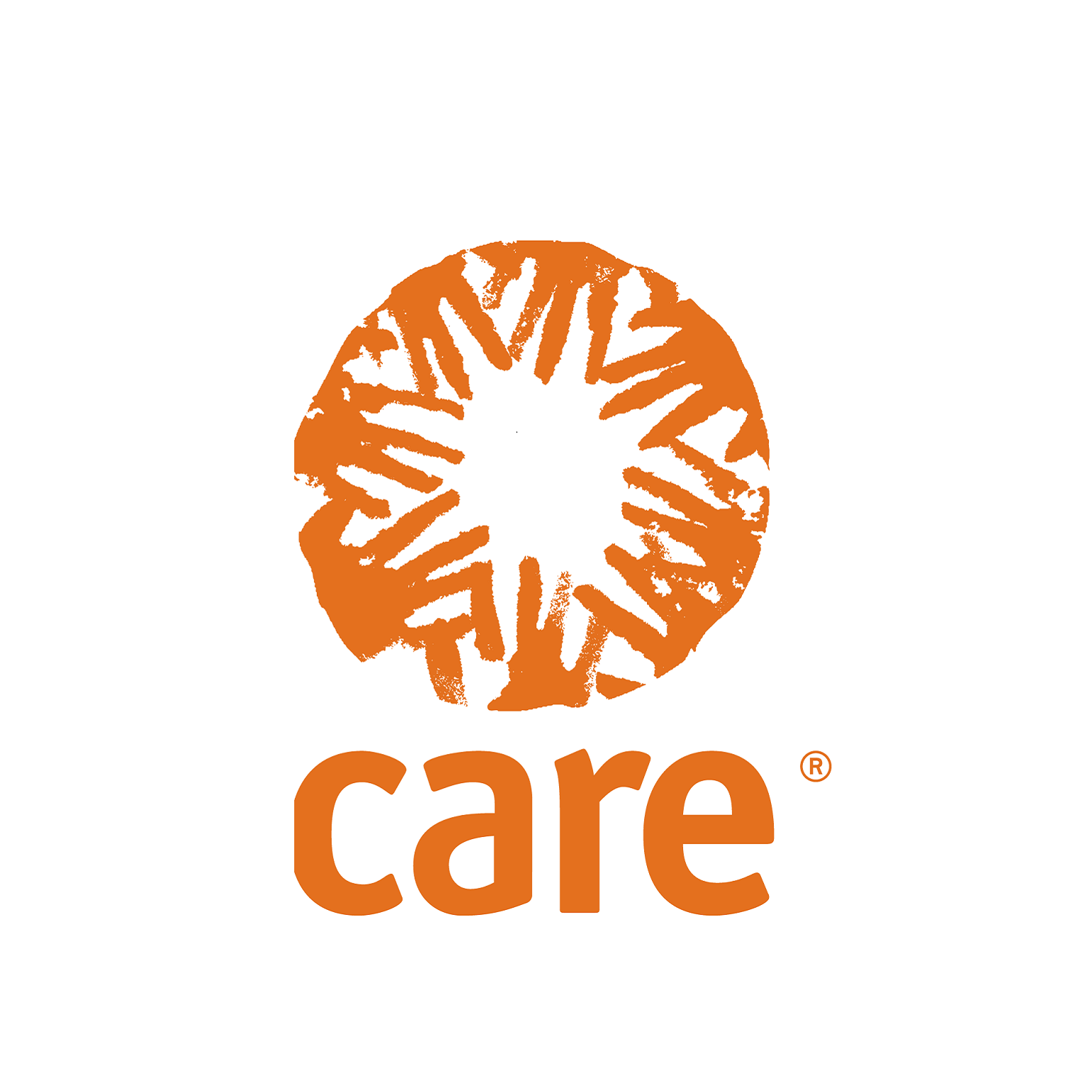Episodes
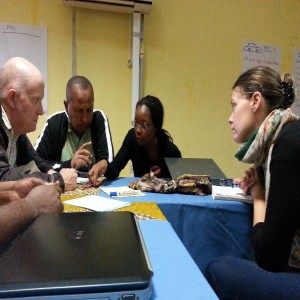
Wednesday Nov 14, 2018
Raising our expectations: how our pre-conceived notions cause us to fail
Wednesday Nov 14, 2018
Wednesday Nov 14, 2018
Juan Echanove talks about how we fail at workshops because we have come to expect that most of them will be bad. It's not just a problem for people in the room, these low standards for workshops ultimately cost us in terms of program design, productivity, and local ownership.
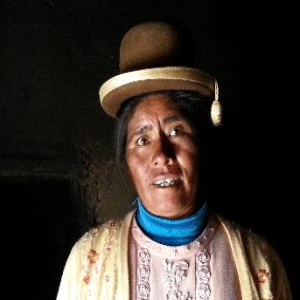
Wednesday Nov 07, 2018
A Year of Listening: Why we struck out with social movements the first time we tried
Wednesday Nov 07, 2018
Wednesday Nov 07, 2018
"It's all about being slapped in the face by others" says Sofia Sprechmann--CARE International's Program Director--about how CARE misfired on its first effort into working with social movements in Latin America, and how we had to focus on listening and building trust.
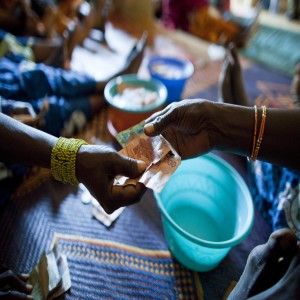
Wednesday Oct 31, 2018
Fourth Quarter Failure: How we got the FY18 budget wrong, and what we're doing now
Wednesday Oct 31, 2018
Wednesday Oct 31, 2018
Michelle Nunn discusses how CARE's FY18 budget missed the balance between audacious goals and operational excellence. She ends with a call to all staff to err on the side of candor and speak truth to power.

Wednesday Oct 17, 2018
The Missing 600: Impact we can't tell you about
Wednesday Oct 17, 2018
Wednesday Oct 17, 2018
In a two year period, more than 600 CARE projects closed without ever reporting impact data. Sofia Sprechmann, CARE International's Program Director, talks about why we've been failing to report all of our impact, and what we're doing to fix it. Two tools she references are the resources on measuring the impact of advocacy and CARE's unique Impact Map.
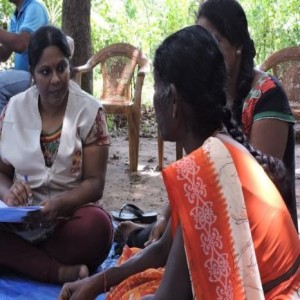
Wednesday Oct 10, 2018
A plan does not equal progress: Sri Lanka teaching us about new business models
Wednesday Oct 10, 2018
Wednesday Oct 10, 2018
In a moment of transformation and budget crisis, a consultant's plan from completely failed to move the needle. Instead, CARE Sri Lanka's determination and ingenuity built a whole new way of doing business. They call it Chrysalis.
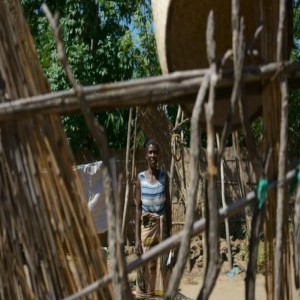
Friday Oct 05, 2018
Fences and Cucumbers: Why we need to ask more critical questions
Friday Oct 05, 2018
Friday Oct 05, 2018
Gideon Cohen from Southern Africa talks about how we need to ask critical questions and give people the space to check in when things aren't working. How do we overturn power dynamics to get more honest feedback and improve our work?
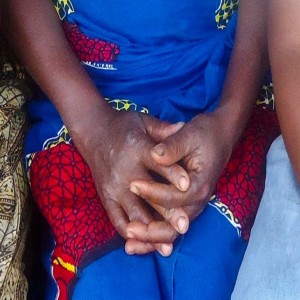
Friday Sep 21, 2018
Friday Sep 21, 2018
Laurie Lee discusses what he learned from one of his early experiences responding to cases of sexual abuse, and how we need to balance tensions between power, reporting, privacy, and cultural contexts. In the end, the answer is simple: Put the survivor first.
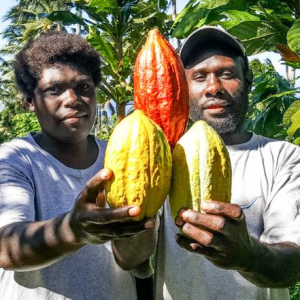
Wednesday Sep 05, 2018
You are not alone: Learning to apply systems thinking in cocoa projects
Wednesday Sep 05, 2018
Wednesday Sep 05, 2018
Juan Echanove, the Senior Director of Food and Nutrition Security at CARE talks about how we can do a better job designing a portfolio of projects that use a systems thinking approach instead of creating a host of standalone projects that don't build on each other.
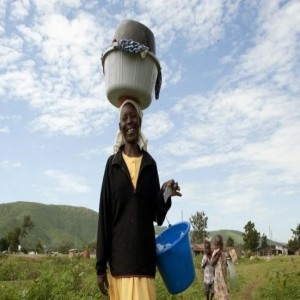
Friday Aug 31, 2018
How Ebola Taught Us to Take Risks and Make Fast Decisions
Friday Aug 31, 2018
Friday Aug 31, 2018
CARE International interview on how to learn from failure--what worked and what didn't in Ebola response, and what that teaches us about taking calculated risks.

